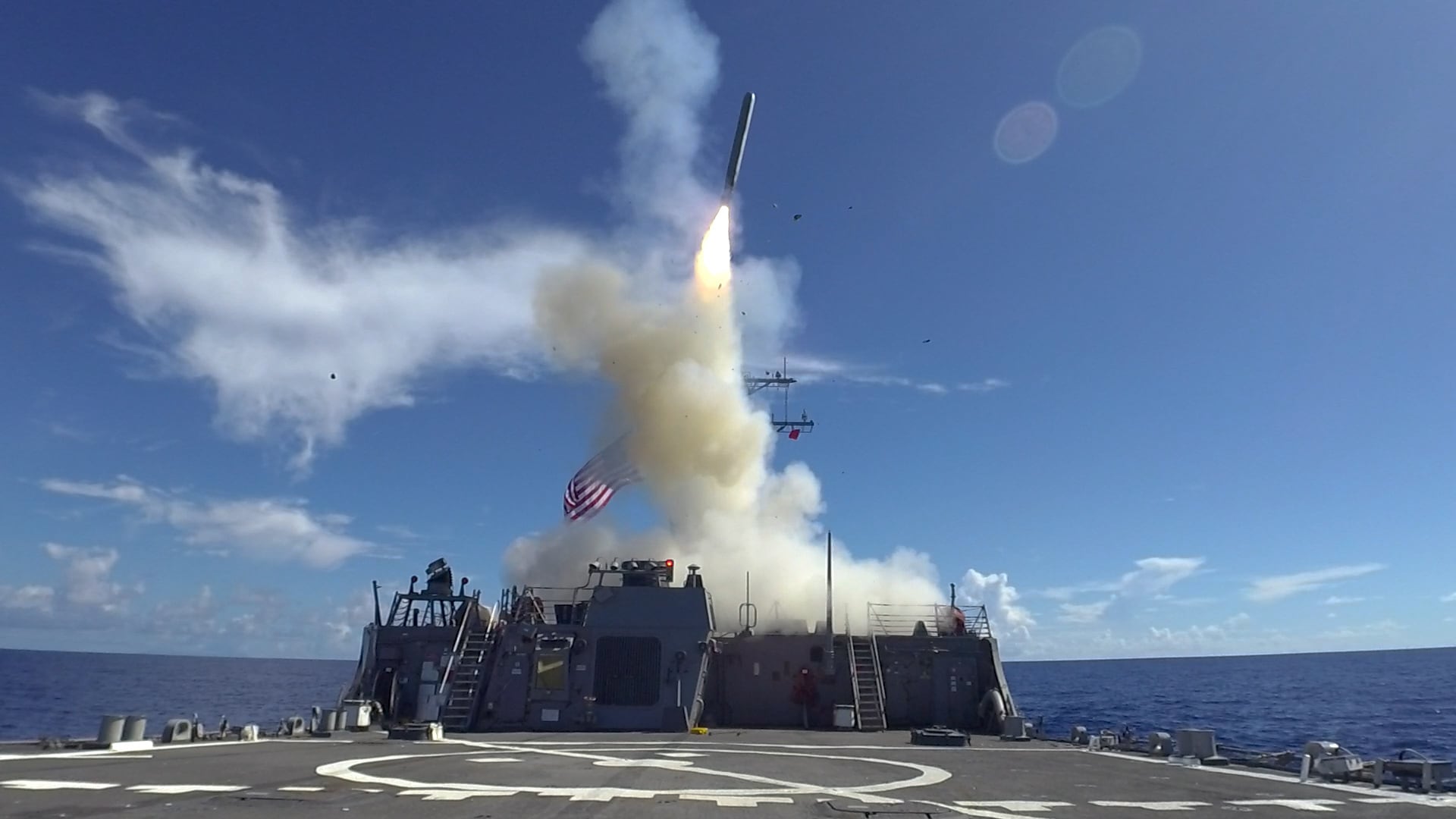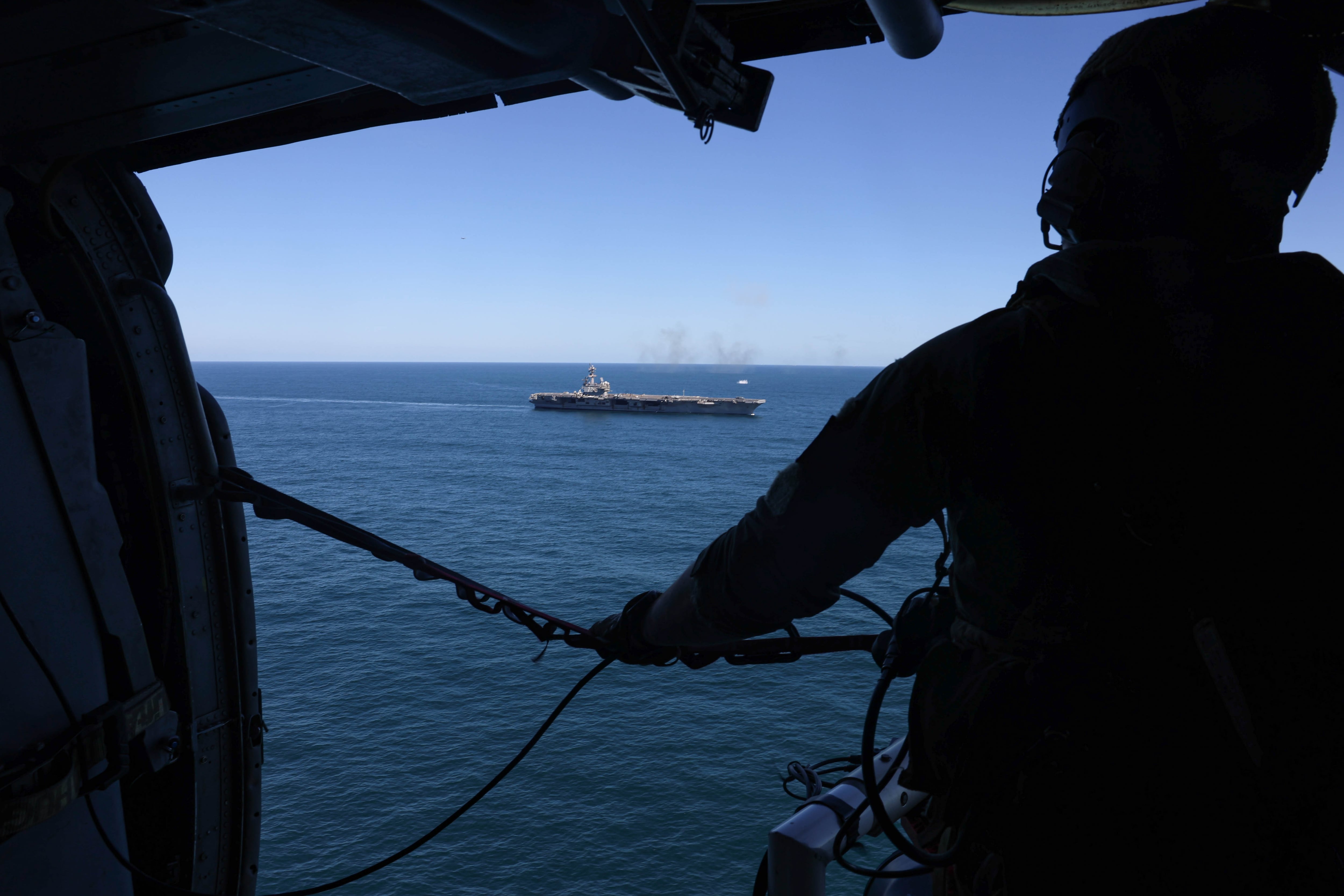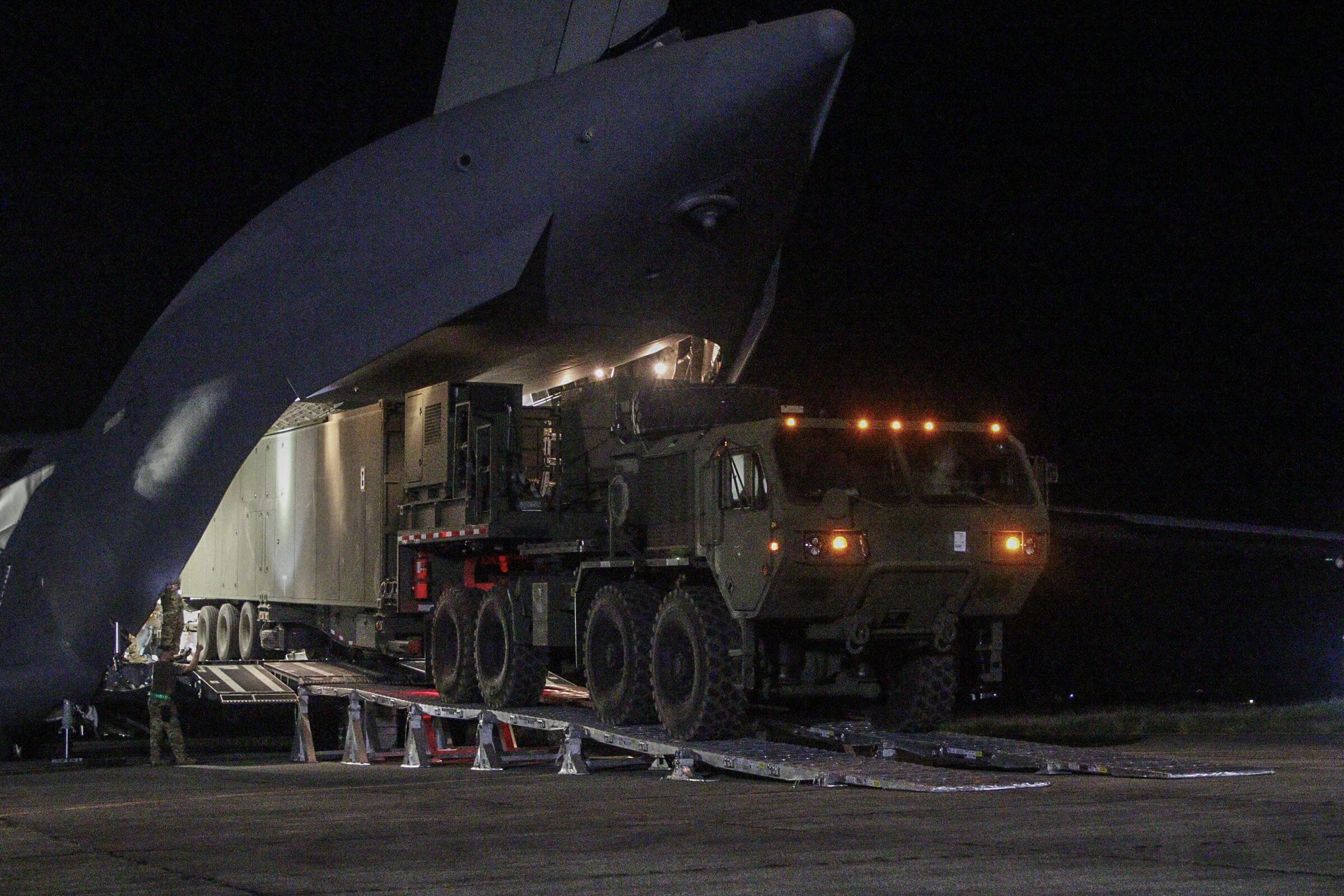Navy leaders are looking for brand-new types of munitions to ensure they have enough firepower for future conflicts.
During testimony before the House Appropriations Committee on Wednesday, Acting Chief of Naval Operations Adm. James Kilby acknowledged recent operations in the Red Sea “have highlighted the strain on our munitions industrial base.” Officials are working to close that gap, but current production lines may not be sufficient for that resupply.
“Precision-guided, long-range munitions like Tomahawk, Long Range Anti-Ship Missile, the heavyweight torpedo, all those ammunitions we need to increase production on,” he said.
“But I’m also of the mind that we need to look at other vendors. They may not be able to produce the same exact specifications, but they might be able to produce a missile that’s effective, which is more effective than no missile.”
RELATED

Kilby’s comments come as lawmakers review the service’s budget needs for fiscal 2026. Committee members expressed concerns with gaps in the country’s shipbuilding industrial base, delays in submarine production and fleet readiness.
But the munitions shortfalls drew extra attention, given recent military operations against Houthi forces in the Red Sea. U.S. forces carried out more than 1,100 strikes over roughly five weeks, using an estimated $1 billion in weapons.
Last fall, before the recent operations, a report from the Heritage Foundation warned military efforts to resupply those types of munitions were already too slow.
For example, the report noted that in fiscal 2023, industry suppliers produced fewer than 70 Tomahawk Land Attack Missiles. During a few months of skirmishes with Houthi forces in fall 2024, the service fired more than 125 of those missiles.
“God forbid, if we were in a short-term conflict, it would be short-term because we don’t have enough munitions to sustain a long-term fight,” Rep. Tom Cole, R-Okla., chairman of the appropriations committee, warned during Wednesday’s hearing.
“We need to do what we can to accelerate that [munitions replacement] process, because we’re all very, very concerned.”
Both Kilby and Navy Secretary John Phelan said they are working with traditional vendors on ways to speed replacements. Kilby did not specify which other companies he is interested in contacting for new munitions, or what the timeline for those purchases will be.
“If we go to war with China, it’s going to be bloody and there’s going to be casualties and it’s going to take plenty of munitions,” he said. “So our stocks need to be full.”
White House officials have not offered specifics of the Navy’s budget for fiscal 2026 yet, but have promised broad increases in spending to deal with emerging global threats.
Leo covers Congress, Veterans Affairs and the White House for Military Times. He has covered Washington, D.C. since 2004, focusing on military personnel and veterans policies. His work has earned numerous honors, including a 2009 Polk award, a 2010 National Headliner Award, the IAVA Leadership in Journalism award and the VFW News Media award.





